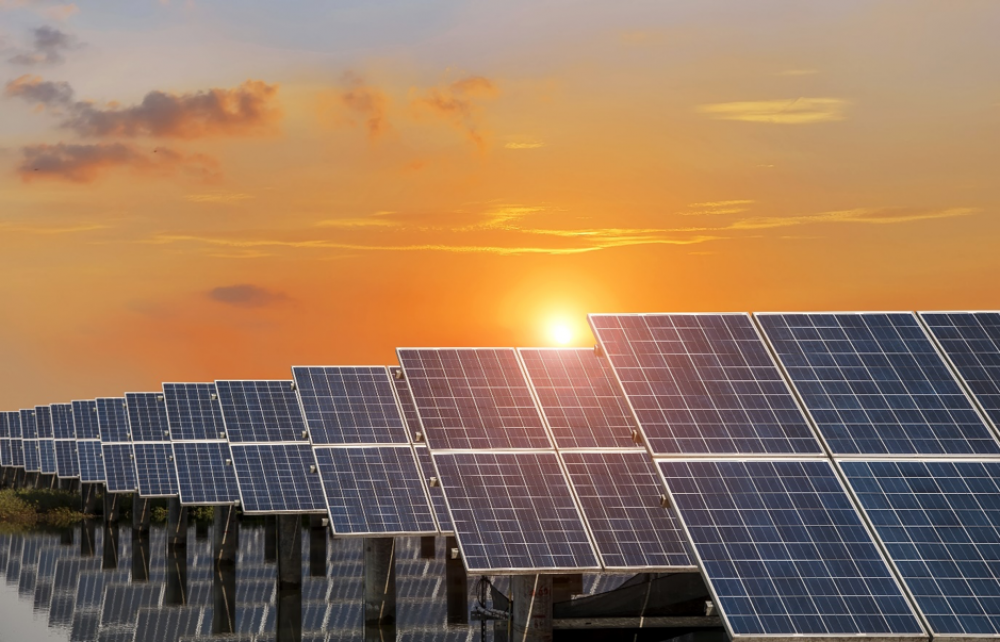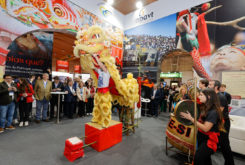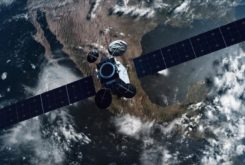Huawei Fusion Solar, active in 170 countries is operating since December 2019 in Portugal, where large photovoltaic parks are now starting. Integrating new technologies, including 5G, into the renewable energy production, it aims to become one of the more relevant players in the sector.
Bruno Santo, responsible for Huawei Fusion Solar in Portugal, told ECO in Portugal that the strong investment of the company in the country aims to “gain very relevant position with the main national players in this market, reflecting the success of Huawei in Spain”. In his opinion, “the next ten years are very promising in Portugal”. In the Iberian Peninsula, Huawei also wants to implement a new R&D centre focused on photovoltaic solar energy.
Huawei Fusion Solari is working on three major fronts: residential, commercial and industrial (with roofing panels for buildings), and utilities (large photovoltaic plants). The company’s aim is not to manufacture or sell photovoltaic panels, preferring to focus on inverter suppliers, equipment indispensable to any photovoltaic installation, whatever its size, since they convert the direct current of electricity that comes from the solar panels into alternating current, so it can be injected into the electrical grid.
So far, Huawei has supplied inverters for over 118 GW of photovoltaic projects globally, of which 8.5 GW in Europe, especially Spain, where it supplied equipment for 1.5 GW of solar plants by the end of last year. For Portugal, there are still no closed numbers, as it is a very recent business unit, but the goal is to market the brand’s technologies, such as inverters and transformation stations, but also reporting tools supported by artificial intelligence algorithms.
“According to the country’s priorities and the objectives of decarbonization and energy transition, and the growth that is expected in solar photovoltaic capacity (from 830 MW currently installed to around 9GW in 2030), our strategy is to bring digital to the Portuguese solar industry, allowing our clients to develop innovative projects and, at a financial level, have lower energy generation costs and ensure greater energy efficiency,” said Bruno Santo in an interview with ECO.
Huawei Fusion Solar is supporting and developing projects with “leading entities in this sector” that obtained licenses in the 2019 auction, among others, and is also developing international projects with Portuguese companies that are implemented worldwide. The company is already monitoring the second auction announced by the government for 2020, which will be launched on June 8, with the bidding starting on August 24.
“This explains Huawei’s investment in Portugal, where large photovoltaic parks are now starting. Spain already has a two or three-year lead, so we already have 1.5 GW installed in the country. All the extensive parks in Spain are already with Huawei. In Portugal, we are working with all the leading entities in this area and we are present in several projects that are under development and construction in Portugal after the auctions last year. The bulk of the deployment will be next year,” predicts Bruno Santo.
Huawei does not produce solar panels (because the margin of technological progress of these types of equipment is small), and its focus is in the inverters market, considered as “the heart of photovoltaic projects”. With ten years of development.
Today Huawei is the largest inverter supplier, distinguishing itself by the offer of decentralized inverters (even for larger, 1GW plants) and solutions that include artificial intelligence and 5G networks. “We wanted to bring digitalisation and intelligence to the photovoltaic industry because they reduce costs in power generation and ensure greater energy efficiency. For example: for a 100 MW project, in 15 minutes we can report on the entire project status. Traditionally it was necessary to go to the site, to take all the figures to make a report that could take months. This tool provides the software with a diagnosis that, in combination with artificial intelligence, improves operation and maintenance, reducing the entire operational cost,” explains Bruno Santo.
And if in 2019 Huawei launched its first solar photovoltaic solution that integrates artificial intelligence, this year the company wants to continue developing this technology, promising that 5G can be part of one of the communication points of the solar.




